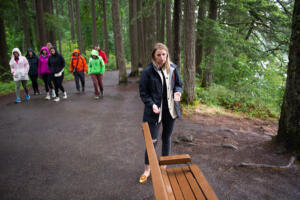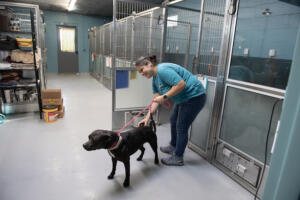The Washougal City Council has approved a resolution that urges Washington legislators and the State Department of Transportation to pursue a more cost effective alternative to the Columbia River Crossing Locally Preferred Alternative.
The vote during the council meeting last night was 5 to 2, in favor of the resolution. Joyce Lindsay and Paul Greenlee voted in opposition.




